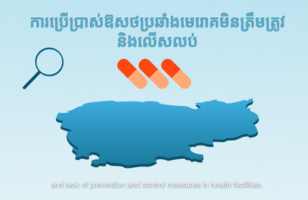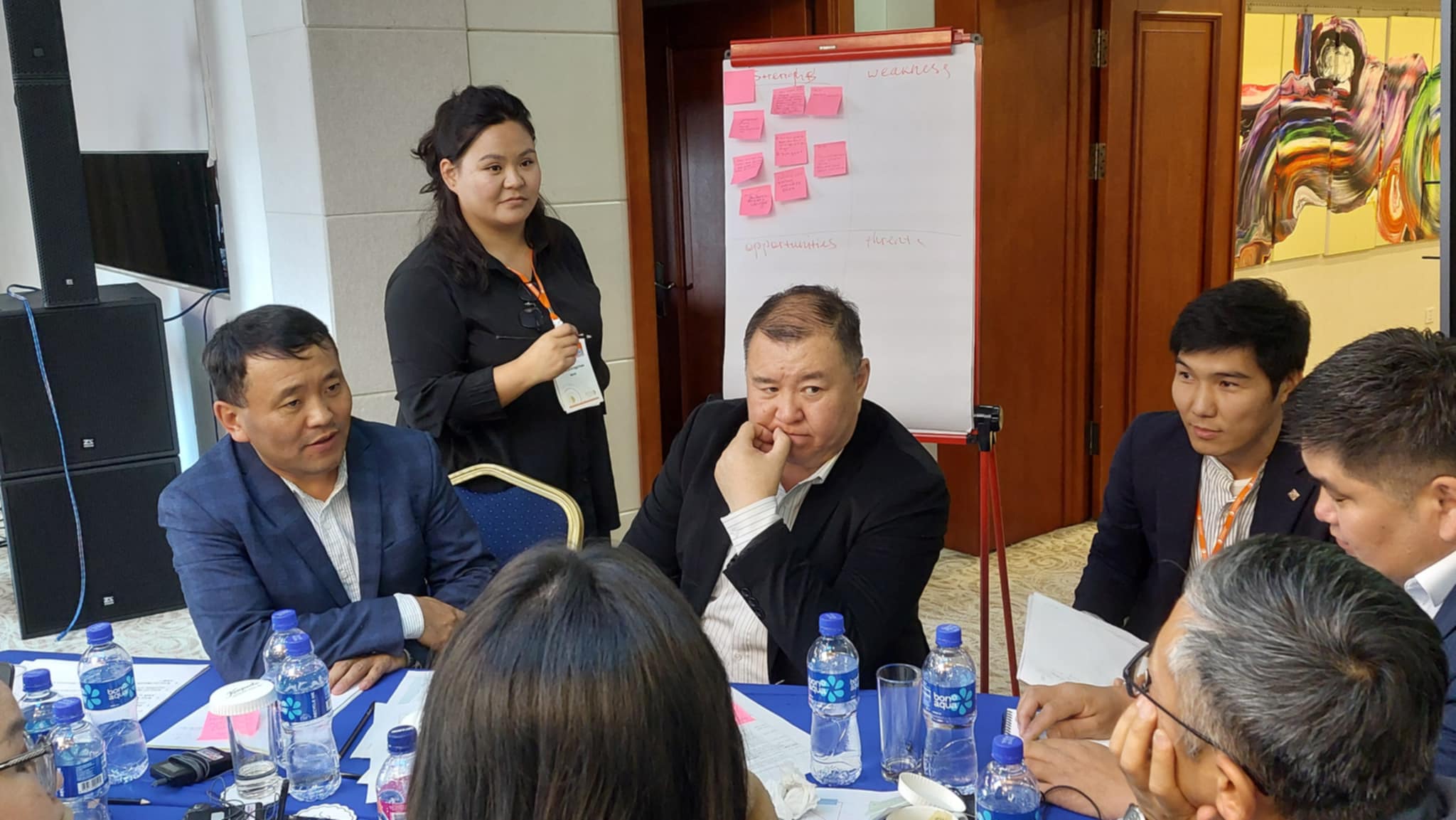
In recent decades, the world has been confronted with the accelerated emergence of antimicrobial resistance (AMR) due to the overuse and misuse of antimicrobial agents. Addressing the rising threat of AMR requires a whole-of-society and multisectoral (One Health) approach because antimicrobials used to treat various infectious diseases in animals may be the same or similar to the ones used in humans. Resistant bacteria arising either in humans, animals or the environment may spread from one host to the other, and from one country to another. AMR does not recognize geographic or human/animal borders.
According to the WHO report on Surveillance of Antimicrobial Consumption, 2016-2018, antimicrobial consumption (AMC) in people in Mongolia was estimated to be 64.4 expressed as Daily Defined Dose (DDD), the assumed average maintenance dose per day for a drug used for its main indication in adults, per 1000 inhabitants (2015 data) which was the highest among 65 countries and areas globally. In 2018, it decreased to 50.68 DDD following the Government’s policies and actions to restrict the sale of antimicrobials over the counter and improve public awareness on AMR.
Following on activities in Mongolia addressing AMR from 2017 (as shown by development of a National multi-sectoral action plan on combatting antimicrobial resistance (2017-2020) and subsequent efforts), in 2019 the Food and Agriculture Organization (FAO), WOAH, and World Health Organization (WHO) joined forces to address the health risks of AMR though the Antimicrobial Resistance Multi-Partner Trust Fund (AMR MPTF) project.
(1 Nov 2024) Dr Dulamragchaa Buyanbaatar, WHO Mongolia officer, facilitates a group exercise during the workshop on the development of AMR communication strategy for Mongolia.
With support from the AMR MPTF project, the WOAH Regional Representation for Asia and the Pacific (WOAH RRAP) in coordination with GAVS organised an in-country follow-up workshop on the monitoring of antimicrobials used in humans and animals. As effective communication is key to accelerating information sharing about AMU/AMC monitoring in animals and humans with various stakeholders, it is important to develop an AMR communication strategy for Mongolia that will be used as a guiding document for all communication activities on AMR.
The following are the two workshops, organised back-to-back.
Objectives:
Details:
Date: 31 October 2024
Venue: Ulaanbaatar, Mongolia
Participation: By invitation only
Agenda: PDF
Presentations:
Objectives:
Details:
Date: 1 November 2024
Venue: Ulaanbaatar, Mongolia
Participation: By invitation only
Agenda: PDF
Presentations:



